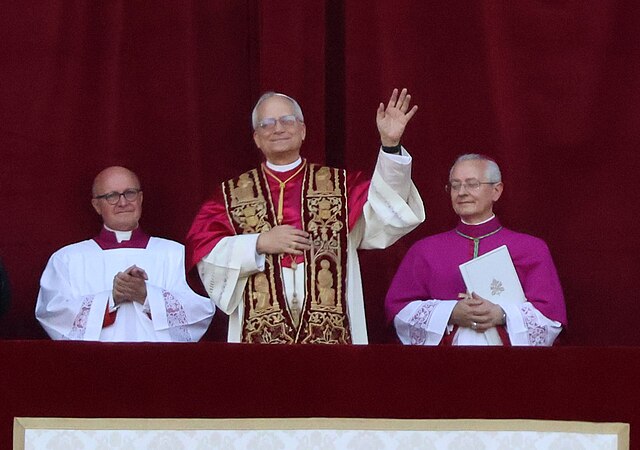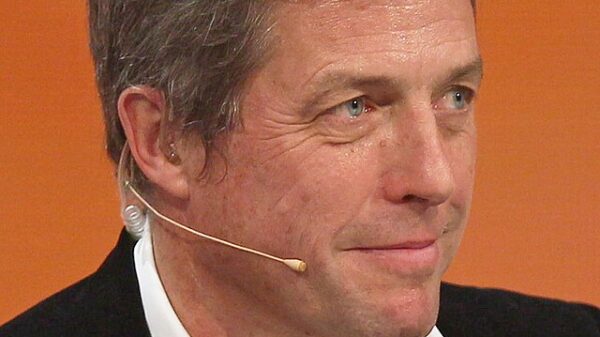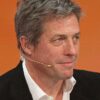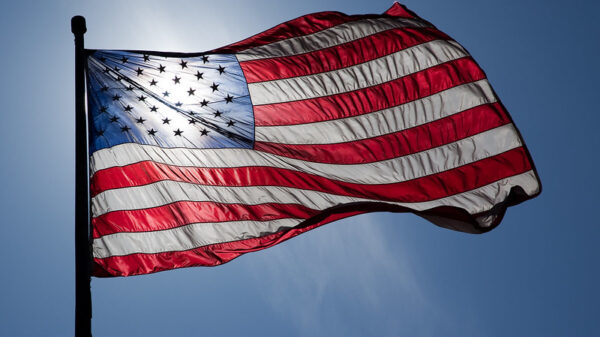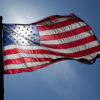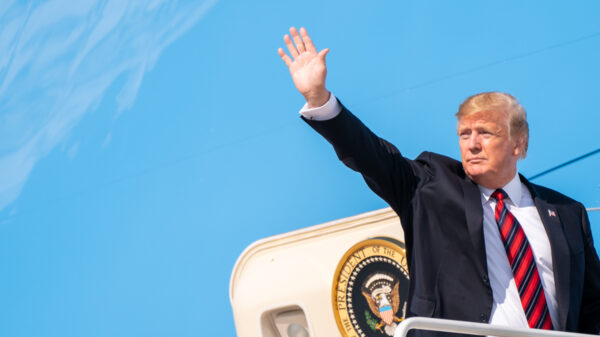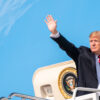Staff writer Jennifer Hensey examines the recent election of the First American Pope and questions the potential progressive character of the papacy.
The 2025 release of the smash-hit film Conclave may have felt prophetic, with its depiction of a revolutionary papal election. The Catholic Church has now witnessed its own historic first: the election of an American pope, breaking a 2,000-year-old tradition dominated by European (mostly Italian) leadership. He now wears the legendary white robes and carries the weight not only of a religious milestone, but of a deep cultural shift away from the Church’s long-standing Eurocentric legacy, but will this cultural pivot come with political steering too?
The man behind the title is Robert Prevost, who has taken the name Pope Leo XIV, reportedly inspired by Pope Leo XIII. The latter led the Church during a turbulent era of change, marked by the struggles of the working class during the Industrial Revolution.
According to NBC News, Pope Leo XIV drew a parallel between those challenges and the new era the Church faces today, with the rise of artificial intelligence in a rapidly evolving world. Both Pope Leo’s pledged their commitment to social justice and worker’s rights, and guiding the Church through periods of transformation.
While this symbolic tribute reflects a desire for adaptability in a progressive climate, it hasn’t stopped some conservative Catholics from hoping he might return to stricter doctrines on issues such as same-sex marriages and abortion. Still, there are mixed indications of Pope Leo’s political leanings, which has led to a wide range of reactions to his appointment.
His pastoral and administrative work in Peru from 1985 to 1998 earned him a reputation for championing social justice and supporting marginalised communities.
This tension between conservative faith in his conservativism and his lived progressivism raises the question: will Pope Leo preserve the inclusive legacy left by Pope Francis, or will he chart a more doctrinally rigid path? Only time will tell, but for now, the signs seem to favour a continuation of progressive values.
A Progressive Papacy?
As of 2023, the global Catholic population stands at approximately 1.406 billion, reflecting a 1.15% increase from the previous year. The most significant growth has occurred in parts of the Global South, with Africa seeing a 3.31% rise and Asia a 0.6% increase. In contrast, Europe experienced only modest growth of 0.2%. These statistics are based on data from the Vatican’s Pontifical Yearbook and were reported by Vatican News.
Given these soaring numbers in Latin America, Africa and parts of Asia, many had hoped for a pope who could represent these expanding communities and amplify their voices. While Pope Leo hails in Chicago (the antithesis of the Global South), his years serving in Peru, coupled with his French, Italian, and Spanish heritage, offer hope that he can bridge worlds, bringing a western perspective with global empathy. According to AP News:
“From U.S. Catholics to the left of the ideological center, there is optimism that Leo will carry on Pope Francis’ outreach to poor and marginalized people, including migrants, and provide a counterweight to policies of the Trump administration that distress them.”
AP News
Pope Leo XIV’s first Sunday address already provides promising signs of his commitment to peace, equity and continuity. He advocated for global peace and called for an end to the violence in Ukraine and Gaza. He also welcomed a ceasefire between India and Pakistan. This message was well-received, with many praising his strong and clear voice. These gestures of amity echo Pope Francis’ moral clarity and compassionate leadership.
In a moment of international division and tension, the election of Pope Leo XIV may be the remedy the world needs to heal its fractured bonds and unite nations. This new chapter in the Catholic Church’s history signals an era of global representation, social justice and seismic change in a modern world. Although the new Pope’s long-term impact remains to be seen, one thing is certain: the first American pope has already begun to reshape the papacy, not just in origin, but in global outlook.

